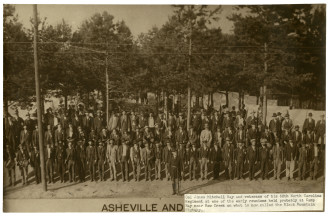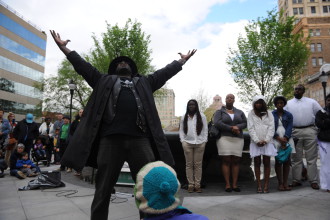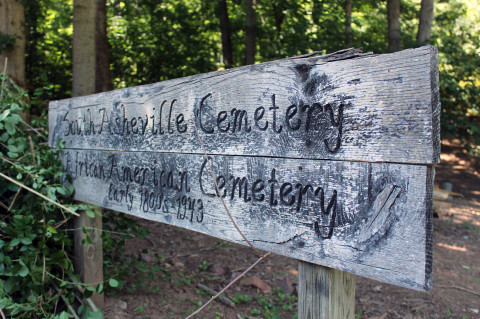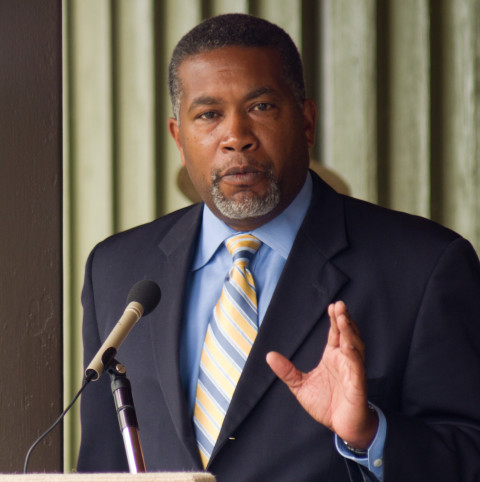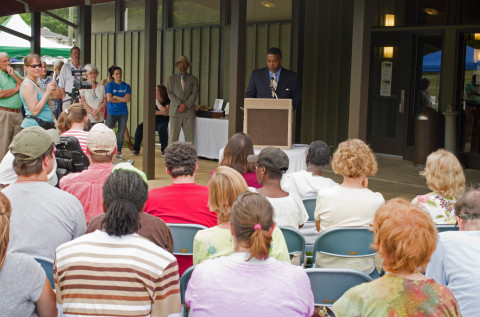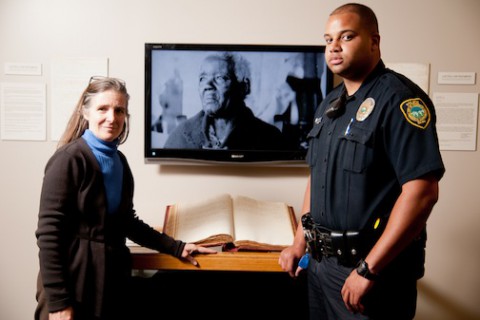From textbooks to newspapers, from monuments to public orations, the Lost Cause narrative sought to present the Confederates’ wartime efforts, not as one of defeat, but heroism in the face of great odds. The campaign also aimed to reimagine slavery as both a benign and beneficial institution.
